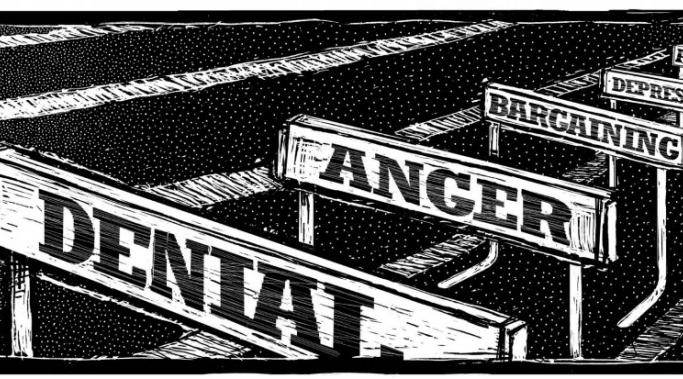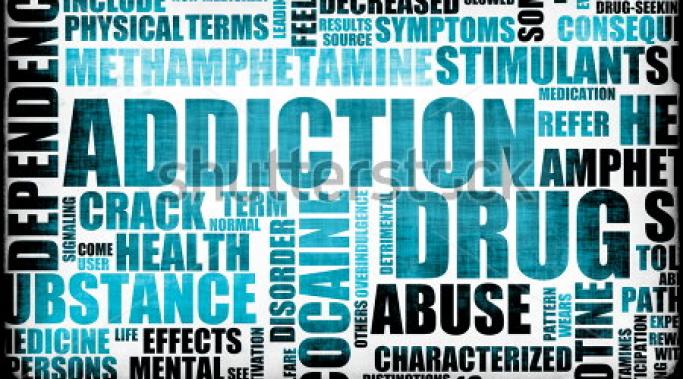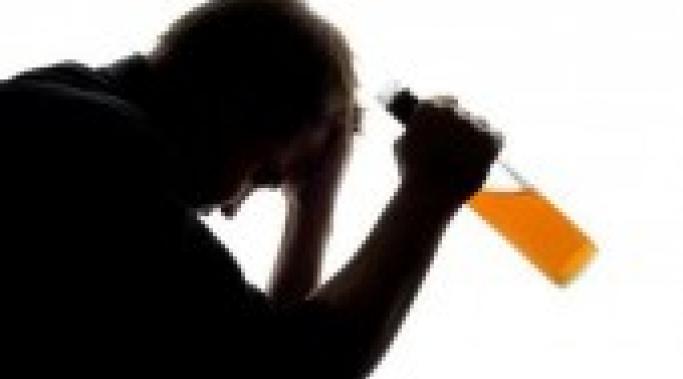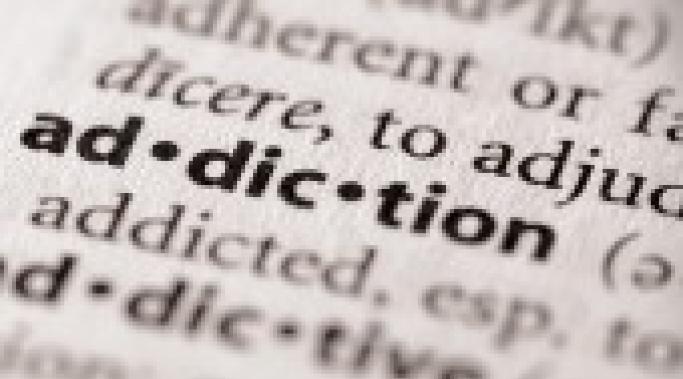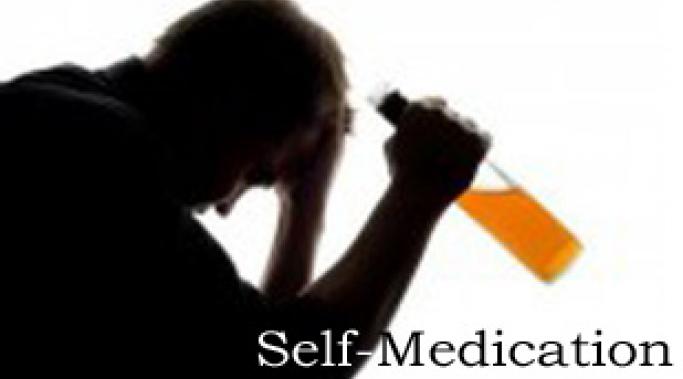What is your reason to stay sober? Recently I went to southern Missouri for a family reunion. We're Scot-Irish, and we drink like fish. As an alcoholic, relapse was tempting, especially when they broke out the hard root beer, but I stayed sober. As one of my relatives observed, you have to have a reason to stay sober. What is your reason to stay sober?
Alcoholism – Recovering from Mental Illness
Staying sober for New Year's Eve (while everybody but me will be drinking) will be a challenge. Fortunately, therapy, medication and Alcoholics Anonymous (AA) have helped me prepare a sobriety plan. Here are three things I plan to do to stay sober for New Year's Eve and beyond.
Today, we are continuing our discussion of grief and its effects on those with
mental health diagnoses.
Grief Reveals Itself Layer By Layer
Elisabeth Kübler-Ross described grief as five individual stages. The order in which an individual progresses through the stages of grief may not be sequential and more than one stage may be experienced at a given time. (http://www.helpguide.org/mental/grief_loss.htm)
Stages of Grief:
Denial: “This can’t be happening to me.”
Anger: “Why is this happening? Who is to blame?”
Bargaining: “Make this not happen, and in return I will ____.”
Depression: “I’m too sad to do anything.”
Acceptance: “I’m at peace with what happened.”
Initially, the title of this blog was "A Recipe For Disaster..." But I used to really (stress this) enjoy a few cocktails. Or an entire bottle of cocktail mix. And that nearly killed me.
That aside, in this blog I want to focus on why those living with mental illness may abuse substances, what some of these substances are, and the impact this can have when we are working to recover from mental illness.
Why Might People With Mental Illness Abuse Substances?
Mental illness is a difficult thing to live with. Sometimes, it feels impossible. To make things even more complicated, the diagnosis of mental illness often comes with "dual diagnosis", a fancy term for living with more than one illness.
Part I of this blog will focus on addiction and Part II, later this week, will focus on eating disorders and anxiety disorders.
The first thing that comes to my mind when I think of putting my mental health recovery first? "Just Do It!" Yes, that horrible Nike campaign.
I am twenty-seven years old as I write these words. I own my own home and I have a dog I adore. I cook and I clean and I talk to my family on a regular basis.
When I read the heading of this post, the words mental illness and addiction sort of mold together, like a candle, dripping wax into the same spot. Mental illness and addiction go hand in hand--those diagnosed with a mental illness have a much higher incidence of addiction, this is known in the psychiatric community as co-morbid illness. Fancy words to apply to the content of this post.
"I'm not sick anymore!" Sound familiar? It does for many people who struggle with mental illness, particularly chronic mental illness, but also addiction and alcoholism. It's important to mention that this feeling is not exclusive to these diseases but for the purpose of this blog let's focus on them.
Let me stress this: Do Not Self-Medicate Mental Illness. This is obvious, right? It should be simple. Why make things more complicated? Being diagnosed with mental illness is crazy enough, so why do a large portion of people, statistically, abuse drugs and alcohol?
I'm human and sometimes I hurt. Just like you do. A few years ago:
I have not slept in three days, maybe four. Sheets hang on my windows. The light stings my dilated eyes. I wince, even among the relative darkness I have created. I have not eaten in days; I drink water tainted with vitamins hoping that's enough.It's been days of drugs and of alcohol. I am surprised I have not died yet.
For many years, that was my life. That was my way of dealing with the diagnosis. I hid behind drugs and alcohol because, in my mind, I would rather be an addict and alcoholic than to be bipolar.


